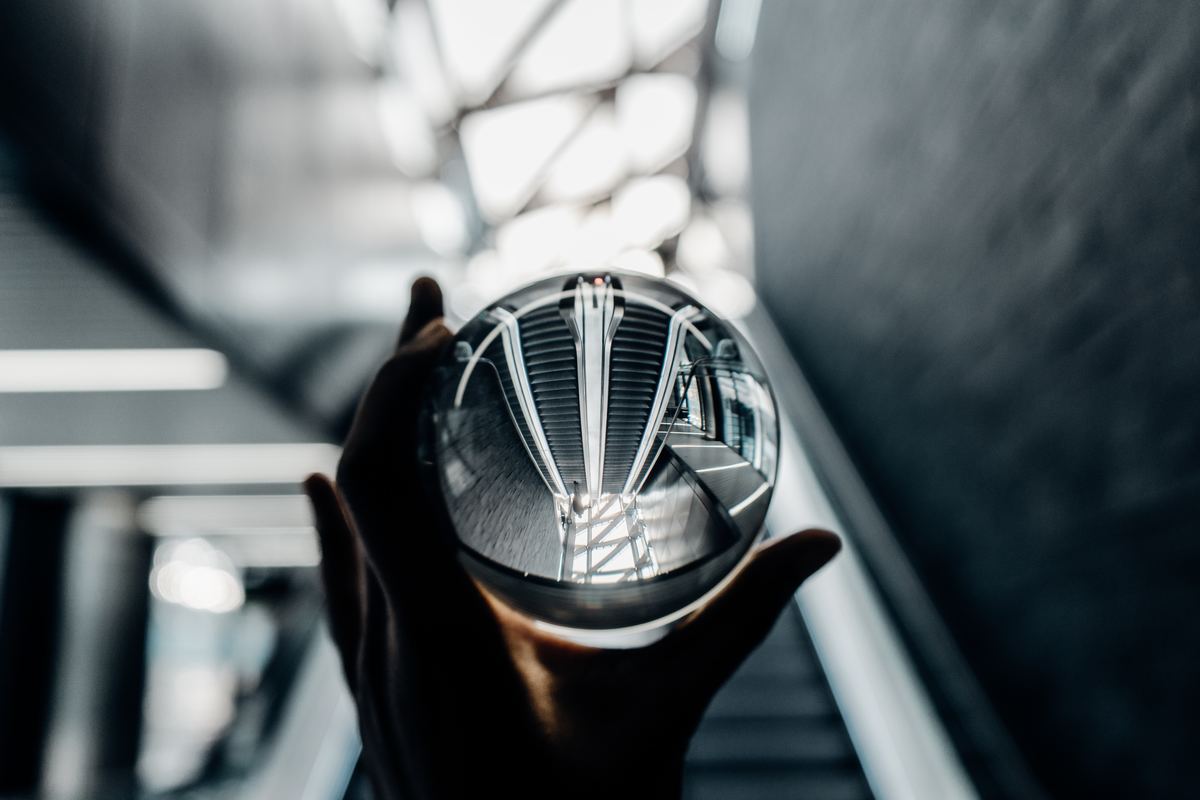
The mind is a complex system, some parts of which have yet to be discovered. However, there is enough scientific data to understand some basic things about our minds. The most basic action we perform with our mind is to think. Thinking is an action that we all do, but what is different is the efficiency we get from thinking and the levels of thinking.
Many things affect the way we think, and many of these factors vary from person to person. However, there are some fundamentals that will help us use it to filter information and think about it efficiently.
1) Be quiet and listen.

We are constantly bombarded with information, and the quality of this information determines how we respond. Are you someone who can’t handle bad news or even good news? If so, learn to step back, evaluate events, and look for different ways forward.
2) Never neglect what your feelings mean to you.

Although many people do not know this, it is true that the conscious thoughts we have represent only a small fraction of the events in our head. At any point in time we have an unconscious surface accumulating vast amounts of information, much of which we do not know.
Our brain draws conclusions, good or bad, and begins to generate emotions that govern our feelings in the long run. So when you have a subtle feeling that leads you to a certain action or thought, don’t ignore it. At the end of the day, this emotion will come your way, and it’s better to face it rather than run away from it.
3) Don’t think under pressure.

Printing can be good, but often it reduces our productivity. Regardless of what you are doing, there may be times when you feel pressured. This pressure causes you to trust your subconscious less. Basically, it forces you to overthink about events.
Learn to believe your instincts as you begin to analyze every aspect of what you do. Your instincts will help you if you take the time to develop a particular skill.
4) Do not focus on a single point of view.

Bluffing is something professional poker players do almost all the time. It has even become art. However, instead of just bluffing, most games use a simple trick when playing; I wonder how opposing players will act if they don’t really bluff.
Often times, the brain looks for filters to validate the information it has. The problem here is that these filters tend to limit you. At the end of the day, you don’t want to look at things from one side, do you?
“What is true for poker is true for life. Most people are losers and don’t realize it.” -Michael Faust
5) Discover what you love to do.

Research shows that many people tend to look for ideas and solutions to a problem when they are not even aware that the brain is analyzing it. These moments are usually when you take a stroll, listen to your favorite track, brew your favorite coffee, take a shower or read a book: moments when you feel relaxed and comfortable.
This is because insightful thoughts are usually generated by a stream of neural activity that occurs in the right hemisphere of the brain. The best time to focus on your mind is when you are stress-free. So be sure to repeat activities that relax you often.
This post is also available in: Türkçe







Yorumlar (0) Add Comment